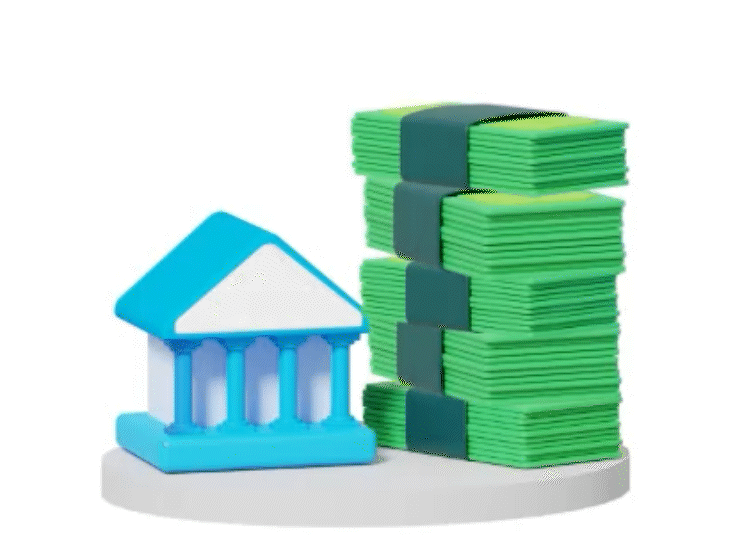Nowadays, if you want to save tax and invest somewhere where your money is safe, then FD (5-year FD) and National Savings Certificate (NSC) Tax Savings Scheme of the Post Office may suit you.
Under the NSC scheme, 7.70% interest is paid annually along with tax exemption. The investment in the NSC program must also be made over 5 years. Here, apart from the National Post Office Savings Certificate Scheme, we also tell you how much interest major banks in the country are offering on 5-year tax saving FDs.
National Post Office Savings Certificate
An annual interest of 7.7% is given on investment in the Post Office National Savings Certificate (NSC). Under this, interest is calculated on an annual basis, but the interest amount is paid only after the investment period. To open an NSC account, you must. pay minimum An investment of Rs 1000 must be made. This account can be opened in the name of a minor and a joint account can also be opened in the name of 3 adults. Its maturity period is 5 years. Before that, you cannot exit the program. The amount deposited in the National Savings Certificate enjoys tax exemption under Section 80C of Income Tax. You can invest any amount in NSC. There is no maximum investment limit in this area. Click here for more information on these programs
Tax exemption benefit available on 5-year FD FD tax savings mature in 5 years. By investing in this area, you can claim a deduction of Rs 1.5 lakh from your total income under section 80C of the Income Tax Act. Understand it in simple language, you can reduce up to Rs 1.5 lakh from your total taxable income through section 80C.
It is important to keep these 4 things in mind before investing money in FD
Do not invest all the money in one FD. If you are planning to invest Rs 10 lakh in one FD in one bank, instead invest in 9 FDs of Rs 1 lakh and 2 FDs of Rs 50,000 each in more than one bank. Do it. With this, if you need money in between, you can arrange the money by breaking the FD halfway as per your requirement. The rest of your FD will remain safe. Withdrawal of interest: Previously, banks had the option to withdraw interest on a quarterly and annual basis. Now in some banks a monthly withdrawal can also be made. You can choose it according to your needs.
Also check the loan interest rate available on FD. You can also take a loan against your FD. Under this, you can take a loan up to 90% of the value of the FD. Suppose the value of your FD is Rs 1.5 lakh, then you can get a loan of Rs 1 lakh 35,000. If you take a loan against FD, you will have to pay 1-2% interest more than the interest you receive on term deposits. For example, suppose you get 6% interest on your FD, then you can get a loan at an interest rate of 7-8%.
Seniors benefit from more interest. Most banks offer up to 0.50% additional interest on FDs to senior citizens. In such a situation, if there is an elderly person in your house, then you can earn more profit by getting an FD established in their name.

